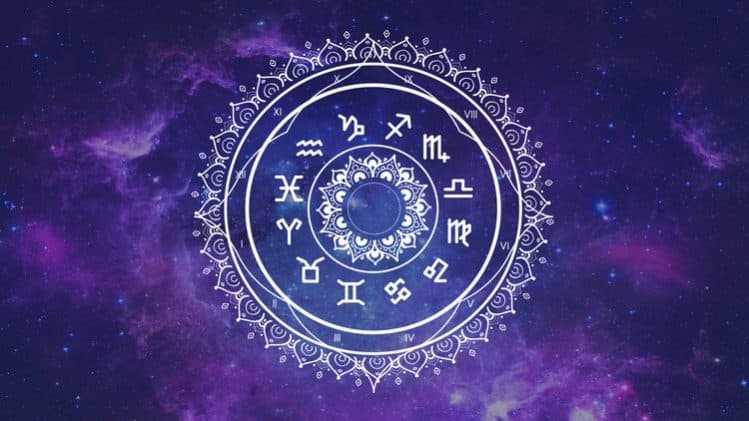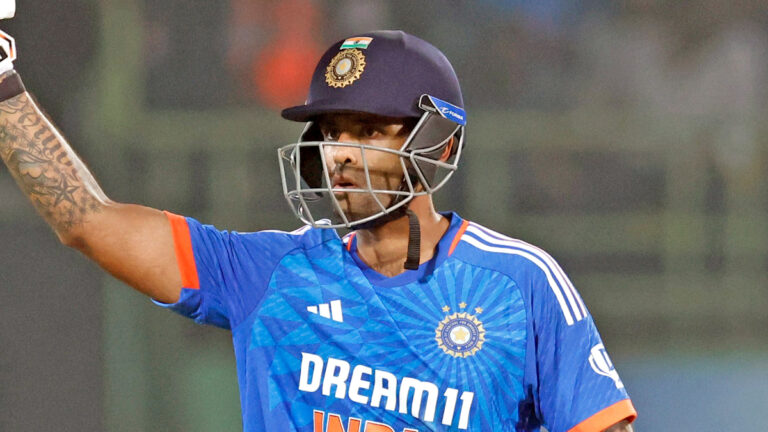Vedic astrology, also known as Jyotish Shastra or Hindu astrology by the famous astrologer in India, is one of the world’s oldest astrologies. It’s a branch of astronomy that depicts the effects and placements of the planets at the time of a person’s birth. This is where the person’s personality traits, future, career, nature, conduct, relationship, marriage, and many other aspects of their life are represented.
Vedic astrology was first formed in ancient India, which was considered to be the eyes of Rishi Parashara’s Vedas. It is the oldest and most accurate method for prediction, forecasting, and interpretation that has been used in India from ancient times. Millions of people continue to use it in modern times.
- Vedic Astrology has been around for thousands of years:
Vedic astrology dates back to around 5000 BC, according to the famous astrologer in India and archaeological evidence. It was originally mentioned in the Rig Veda, an ancient Hindu literature. Due to the transmission of knowledge and Hindu Scripture from generation to generation without scripting in the text, it is difficult to identify the actual date of astrology.
- The Vedas include astrology:
The Vedas are the source of Vedic astrology. Vedangas, or limbs of the Vedas, are six supplements found in the Vedas. Jyotish Vedangas is one among them. Over hundreds of years, Rishis have practised Jyotish shastra in tandem with the Vedas.
- Subsidiary notes:
Rishi Parashara and Rishi Jaimini are responsible for contemporary astrology (son of Rishi Parashara). Parashara was Maharishi Vashishtha’s grandson and the father of Ved Vyas. He wrote a book on astrology called Jyotish Shastra in which he discussed the basics of astrology. Rishi Jaimi invented the new system of astrology known as Jaimini Astrology after learning astrology from his father and sage Ved Vyas.
- Different from western astrology:
Vedic astrology is much different from western astrology. The planets are the same but western astrology takes into account the position of the ruling planet and Vedic astrology considers the position of all the planets for predicting the future.
In western astrology, the people born under the same ruling planet might be said to have a similar future. Whereas according to Vedic astrology the positions of all the planets together affects the future and therefore, the lives of all are different.
- The Moon’s Function and Importance in Vedic Astrology:
Planets are celestial bodies that have an impact on human destiny. Because the moon is a natural satellite, it is regarded as a planet because it has a direct impact on human fate. According to Vedic astrology, the moon is a significant planet in the birth chart. When it comes to predicting human fortune, the moon is quite important in the study of astrology.
- The earth’s movement fluctuates throughout time:
After thousands of years of revolution and rotation, the earth’s movement has shifted by 23 degrees. Vedic astrology is based on the sidereal zodiac system, which varies every 72 years and is based on the current position of the constellation. As a result, it is more beneficial and accurate than western astrology, which uses the tropical zodiac system (which is based on the position of the sun on each calendar day).
- Signs, planets, and houses in Vedic astrology:
There are 12 zodiac signs, nine planets, and 12 houses according to Vedic astrology. The 12 signs are distributed among 12 houses and 9 planets are placed in different houses as per the birth chart or horoscope chart. The house and the planet together determine the individual future. Hence Vedic astrology is nothing but interpreting the meaning of this arrangement in one’s life.
- Planets are Gods:
The planets are considered deities in Vedic astrology, which is the most fascinating aspect. In Hindu astrology, the Navagraha are nine heavenly bodies or deities that have an influence on human existence. As a result, Navagraha is a Vedic god with the ability to impact all elements of human life. As a result, Navgraha is worshipped to counteract the negative consequences of the planets’ unfavourable positions.
- Vedic Astrology’s Nakshatra:
The stars, as well as the planets, have an impact on an individual’s life, according to Vedic astrology. In Vedic astrology, the Nakshatra, or constellations, or stars, are used to forecast an individual’s future. In astrology, there are 27 Nakshatras, which are seen to be a way of worshipping the divine. Each star has its own god and abilities. Each one is important in determining an individual’s qualities. Every person born on our planet has their unique birth star, which is determined by the Moon’s position in one of the 27 stars.
- Transit of planets in Vedic astrology:
Transit is the never-ending motion of planets in the horoscope, which causes consequences depending on where they are moving. A planetary transit occurs when a planet shifts from one sign to the next according to the famous astrologer in Kolkata. Because some planets change signs quickly while others take years, the effects of planetary transits can be known at different times in life. As a result, Vedic astrology paints a clear picture of what a person should expect during a planetary transit.
CREDIT: Dr Sohini Sastri
















